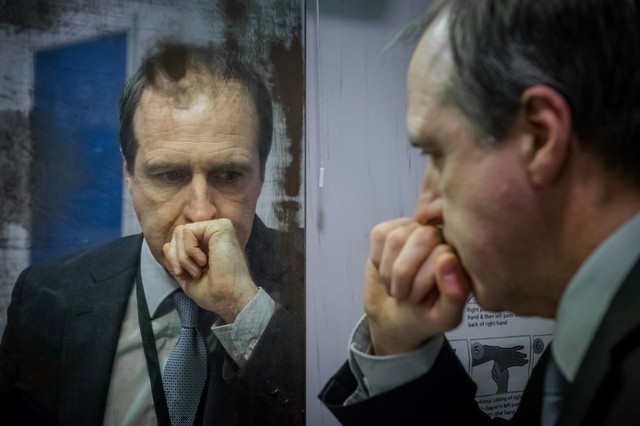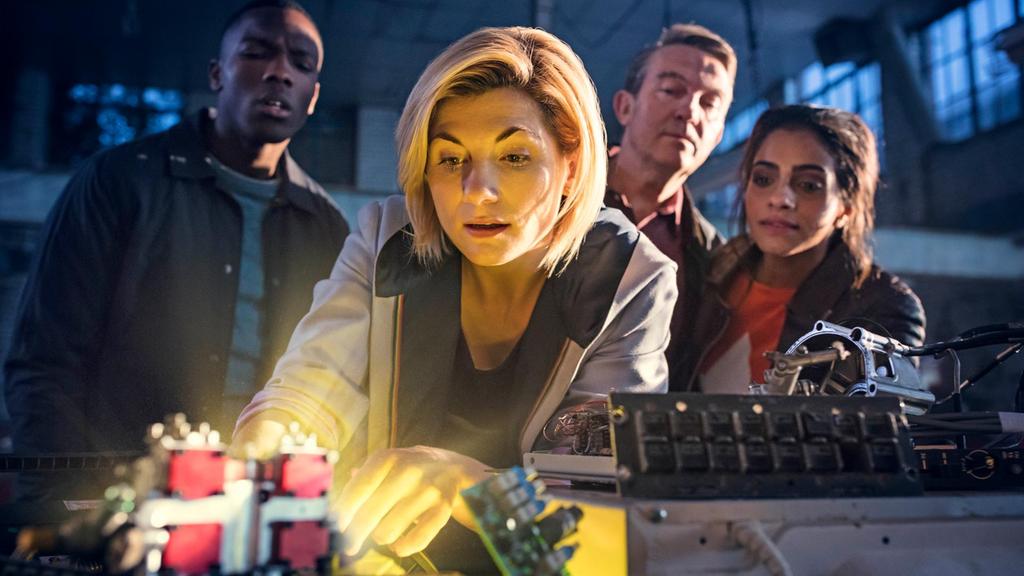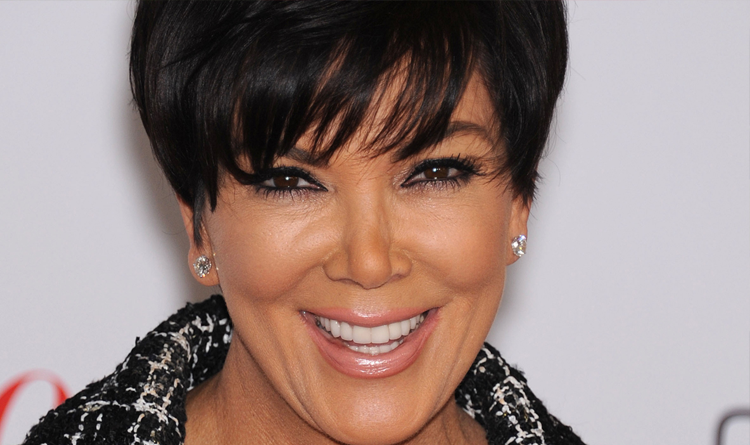When the final credits rolled on Downton Abbey, Kevin Doyle – the actor who played the struggling servant Molesley – could have been excused just a little sadness. After all, Doyle had played his part in one of the most successful and long-running period dramas of the 21st century. But there was literally no time for morose self-reflection.
“Honestly, I finished Downton on the Friday and started work on Happy Valley on the Monday,” he says. “It was great to be able to go from one world to something completely different.”
He’s right. Happy Valley is completely different. But it has similar potential to become a spectacular worldwide hit. A crime drama set in a distinctly damaged corner of West Yorkshire might sound impossibly niche, but the second series comes to UAE screens garlanded with praise from around the world.
Ask Doyle why his exploits as Deputy Sergeant John Wadsworth and sergeant Catherine Cawood (Sarah Lancashire) have struck such a chord and he’s momentarily stumped. In fact, all he can do is refer back to Downton Abbey.
“We thought when we did Downton that it would be a modest success in Britain, and that would be about it,” he says. “We didn’t anticipate the fascination with that world and particular time at all. I guess Happy Valley hits home because it’s about ordinary people, a contemporary look into somebody else’s world enjoyed in the same way in which lots of people love the crime dramas coming out of Scandinavia.”
Doyle actually hoped to be in the first season of Happy Valley, broadcast in 2014, but Downton commitments got in the way. As a long-time collaborator with writer Sally Wainwright (he also starred in At Home With The Braithwaites and Scott & Bailey), he says he was “desperate” to be involved in another one of her dramas.
“Absolute believability characterises Sally’s work,” he says. “There’s been a lot of talk about the strength of her writing, that strange mix of absolute bleakness and strands of comedy. I don’t know of any other writer who is capable of writing dialogue that can contain both of those aspects. It was interesting how many commentators said my story is like a black farce. I certainly wasn’t playing it as such, but there is an element of comedy within it. And that’s got everything to do with her ear for the way people speak.”
Doyle’s character, indeed, is at the beating heart of this second series, which loosely follows on from events in Happy Valley’s first season but is a standalone story. Cawood is investigating a series of killings of vulnerable young women, and Wadsworth is brought in to assist with the cases. But at the same time he’s juggling a messy affair and family life with three young children.
“In episode one, Wadsworth is at the point that he has realised his mistakes and is trying to edge his way out of them,” says Doyle. “And by trying to do that, certain complications occur – let’s put it like that.”
Doyle is right not to spoil the plot too much: watching Wadsworth grapple with his emotional journey is one of the great pleasures of Happy Valley. “I didn’t just want to play him as a bad man, that would have been such a cop-out,” he says. “I wanted the audience to understand why he finds himself in this terrible situation. And so it was important – and I was really pleased – that crew members would come up to me and say that despite the terrible things he’d done, they were kind of pulling for him. I was gratified that the audience reception in the UK was more or less the same: when the denouement happens in episode six there are torn feelings about the man. Clearly he deserves to pay for what he has done but at the same time there is a human being in there.”
And it’s to Doyle’s great credit that he teases out the minutiae of a troubled life constantly changing. One minute the world around Wadsworth is about to collapse, the next there’s the possibility of a better outcome. He never settles.
“You have to be in the moment with a character like that,” says Doyle.
• Happy Valley makes its debut on BBC First on April 1


